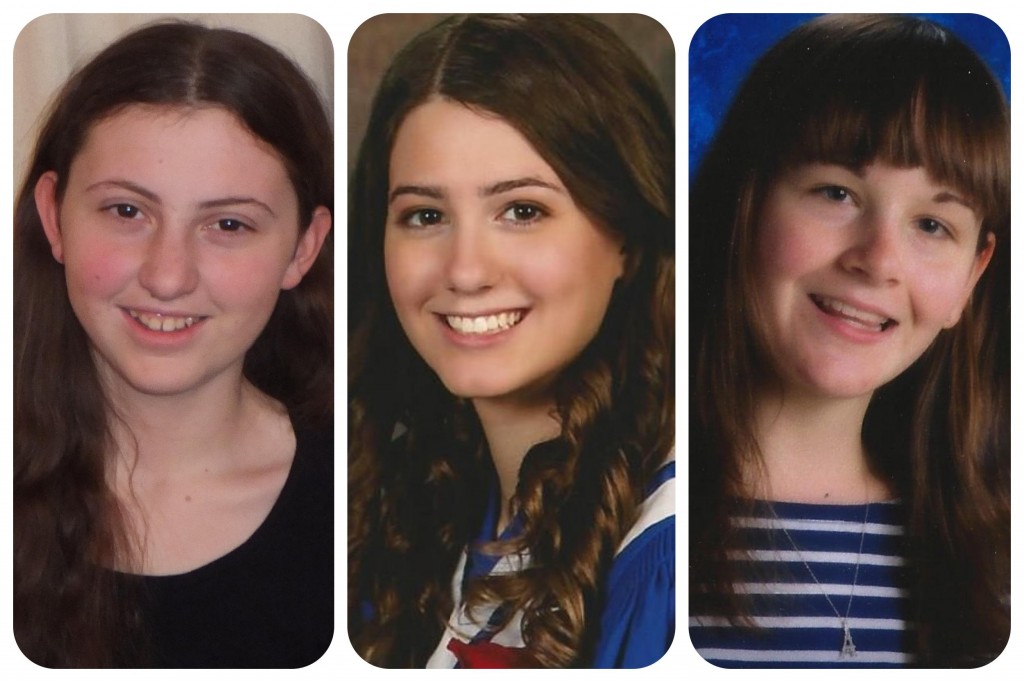CMU is pleased to announce that Marta Bunnett of Havelock, NB; Francesca Cammarata of St. Albert, AB; and Larissa Campbell of Winnipeg, MB, are the winners of the 2014 High School Essay Contest.
Students were asked to respond formally in a 950- to 1100-word essay to one of three questions:
- What does it mean to “compare” literature? Can the study of comparative literature foster mutual understanding among readers and between communities?
- How do visual media communicate and tell stories? Compare and contrast visual and written literacy.
- “With great power comes great responsibility”—Voltaire. To what extent are wealthy, highly developed societies responsible for aiding “developing” countries? What are some pros and pitfalls of “aid” and “international development”?
Bunnett’s essay Responsibility for a More Equitable World placed first, earning her $500 in prize money. Second place at $300 went to Cammarata for her paper Care with Consideration, and Campbell took third prize at $200 for her work on The Responsibilities of Developed Countries to Less-Developed Countries.

Francesca Cammarata, and Larissa Campbell
Bunnett, who will be attending CMU in the fall to study International Development, says her interest in the subject first took root at her family’s organic farm:
“My parents have had a big influence on my thought in this area; on the farm, they always prioritized growing good food and caring for the land equally. They model a very relational perspective, in terms of how we should interact with the land and others, rather than a utilitarian one.”
Bunnett says one reason she chose pros and cons of International Development for her topic was so she could use the project as a motivator to further research some of the issues in which she was already interested. She is excited to pursue International Development Studies formally at CMU this fall:
“I want to deepen my understanding of these things. Right now I have ideas, but they are not all necessarily grounded in much; I want to study and participate in discussions and really work through these issues with others on a deeper level.”
Cammarata, who will be graduating in June, said she was “thrilled” to place in the contest and aspires to pursue music studies for her post-secondary education. Campbell is a grade 11 student and will be completing her diploma at Miles Macdonell Collegiate in Winnipeg next June.

